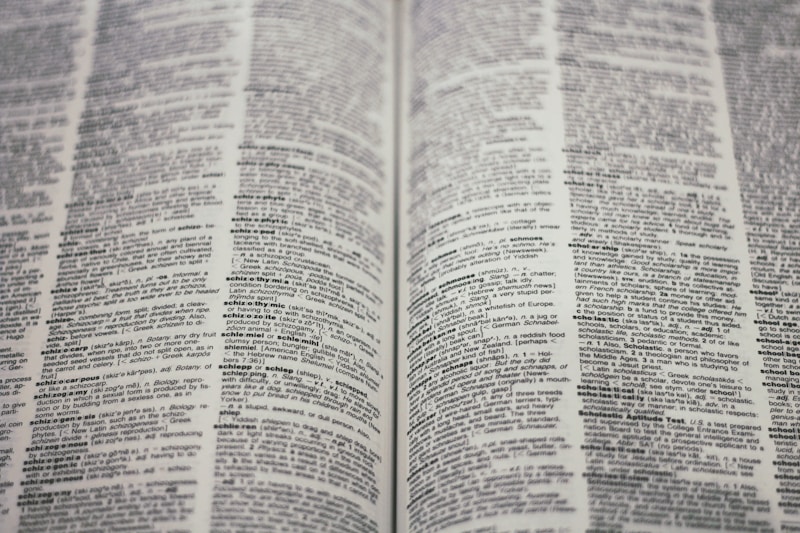Questions and Answers
Which famous playwright's works are described as both dramatic masterpieces and linguistic wonders in English literature?
William Shakespeare
What was the primary purpose of mystery plays and morality plays in the Middle Ages?
To teach religious lessons and moral values
Which English literary form has been an integral part of the literature since the Anglo-Saxon period?
Poetry
What aspect of human nature do Shakespeare's characters in his plays reflect?
Signup and view all the answers
Which literary movement focused on emotion and individual experience, as described in the text?
Signup and view all the answers
In the 20th century, T.S. Eliot and W.H. Auden explored modernism in poetry through the use of ____.
Signup and view all the answers
Which literary form emerged as dominant in the 19th century, according to the passage?
Signup and view all the answers
English storytelling has explored a wide range of themes and styles, reflecting ____.
Signup and view all the answers
Which authors from the 20th century have contributed to the evolution of English literature?
Signup and view all the answers
What continues to inspire new generations of writers and readers in English literature?
Signup and view all the answers
Study Notes
English Literature's Timeless Tales: Exploring Drama, Poetry, and Story
English literature is a kaleidoscope of tales that have shaped our world, offering a window into human emotions, values, and creativity. From the Elizabethan era's grandiose stage productions to modern authors' introspective works, we'll delve into three essential facets of this rich tapestry: drama, poetry, and story.
English Drama
The roots of English drama can be traced back to the Middle Ages, with the birth of mystery plays and morality plays. These forms of theater were not just entertainment—they were also a means to teach religious lessons and moral values. With the rise of the Renaissance, English drama flourished, and playwrights like William Shakespeare became legendary.
Shakespeare's dramatic works—from Romeo and Juliet to Macbeth—have become timeless classics that continue to captivate audiences. His characters are multidimensional, their emotions and conflicts reflecting the human condition. Shakespeare's plays are not only dramatic masterpieces but also linguistic wonders, showcasing his exceptional command of the English language.
English Poetry
Poetry has been an integral part of English literature since the Anglo-Saxon period. From the intricate alliterative verse of Beowulf to the metaphysical poetry of John Donne, English poetry encompasses a wide range of styles, forms, and themes.
The Romantic poets, such as William Wordsworth and Lord Byron, redefined the boundaries of poetry, focusing on emotion and individual experience. Their works resonated with the public, inspiring a new generation of readers and writers.
In the 20th century, poets like T.S. Eliot and W.H. Auden delved into modernism, using experimental forms and techniques to explore the complexities of contemporary life. Their poems continue to challenge and delight readers, proving that even the most abstract and confusing art can speak to our deepest emotions.
English Storytelling
Interwoven through the tapestry of English literature is the art of storytelling, a tradition that has spanned centuries. From the epic sagas of King Arthur to the cautionary tales of Aesop's Fables, English literature has a rich and diverse array of narratives.
In the 19th century, the novel emerged as a dominant form of literature. Authors like Jane Austen, Charles Dickens, and Charlotte Bronte created compelling and complex characters, weaving intricate narratives that continue to captivate readers today.
In the 20th and 21st centuries, English literature has continued to evolve. From modernist classics like Ulysses by James Joyce to contemporary works like The Road by Cormac McCarthy, English storytelling has explored a wide range of themes and styles, reflecting the complexities of our modern world.
Shaping the Future of English Literature
As we continue to explore the intricacies of drama, poetry, and storytelling, English literature remains a dynamic and ever-evolving art form. Its rich heritage and innovative spirit continue to inspire new generations of writers and readers, ensuring that the stories we tell and the words we write will endure long into the future.
So, the next time you're tempted to search the internet for an answer, consider turning to the timeless tales of English literature. They have the power to enchant, educate, and inspire—no search required.
Studying That Suits You
Use AI to generate personalized quizzes and flashcards to suit your learning preferences.
Description
Delve into the rich tapestry of English literature through a journey exploring the three pillars of drama, poetry, and storytelling. From Shakespearean drama to modernist poetry, and classic novels to contemporary works, embark on an adventure through the timeless tales that have shaped our understanding of human emotions, values, and creativity.




